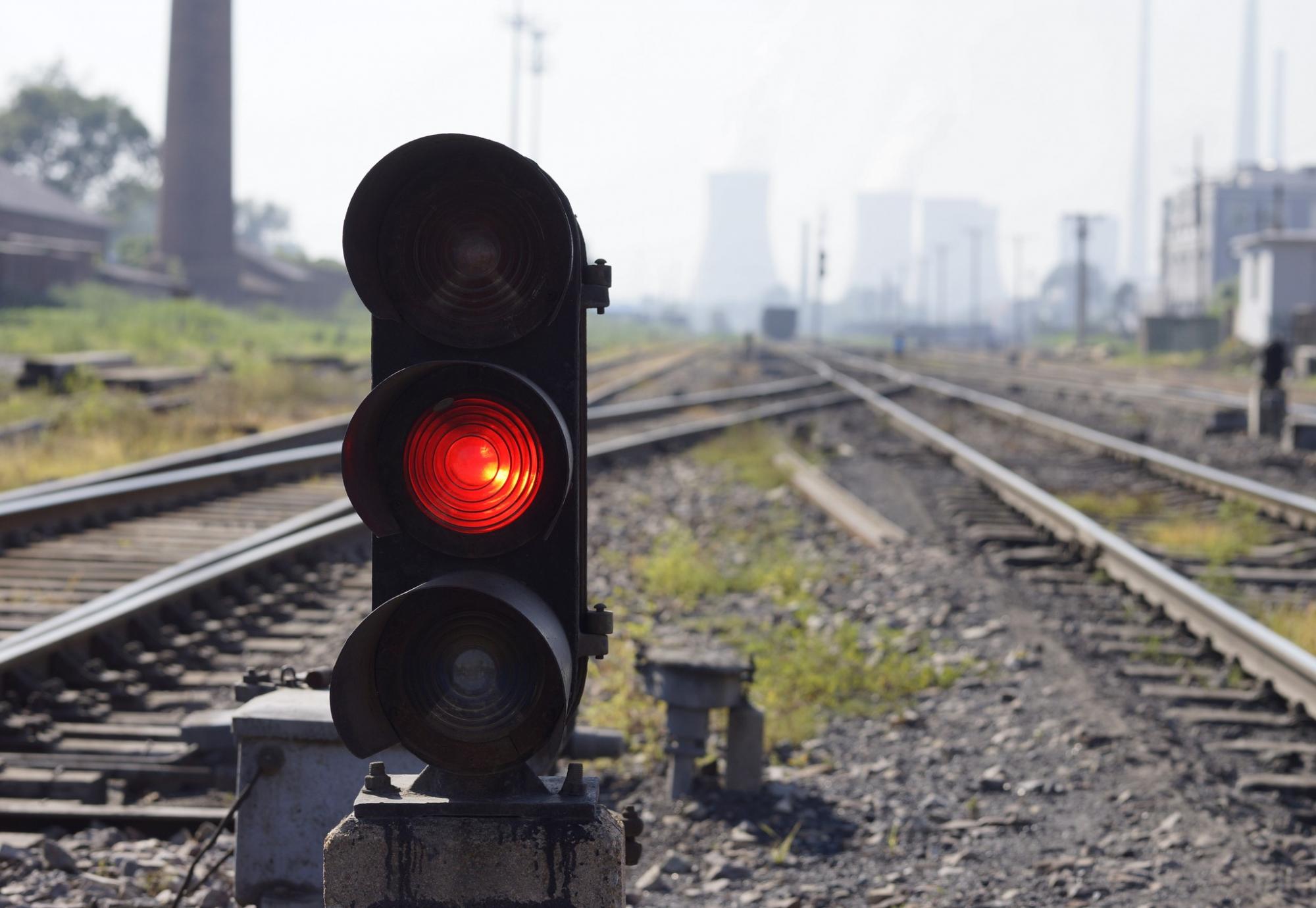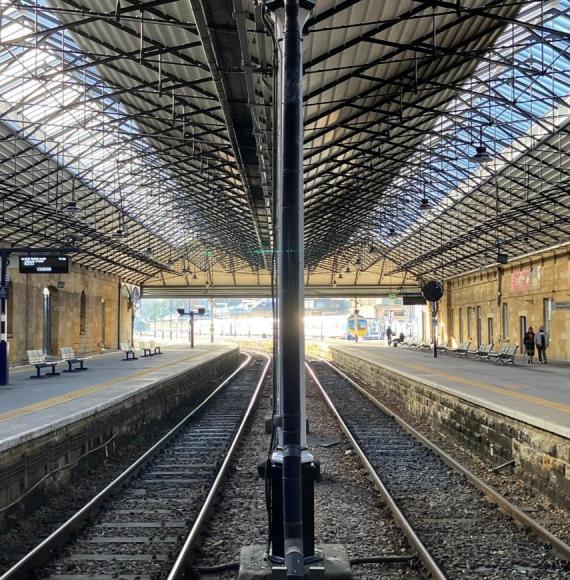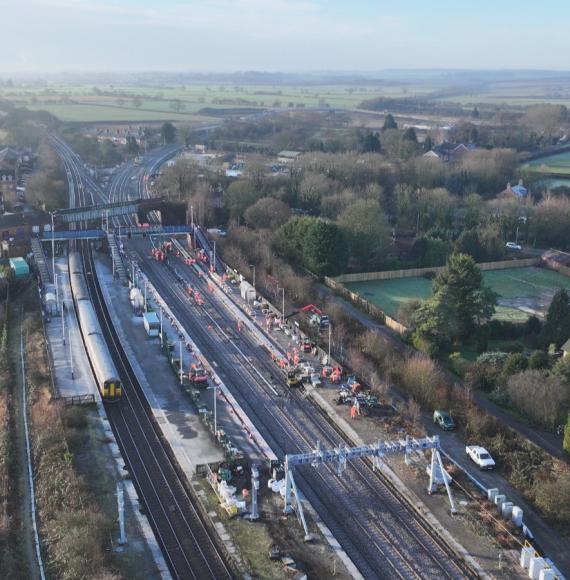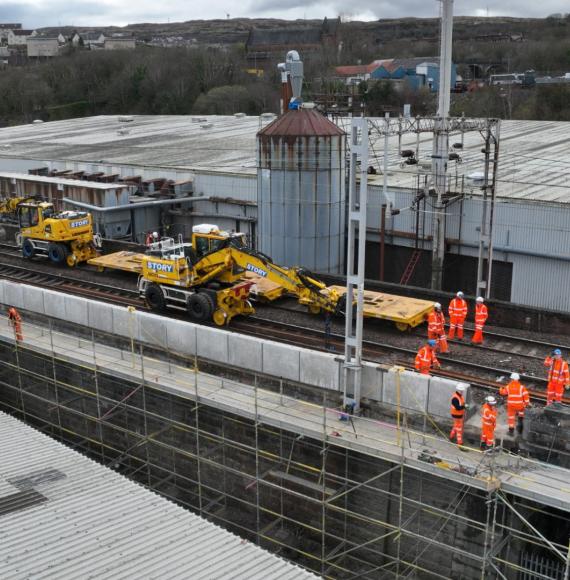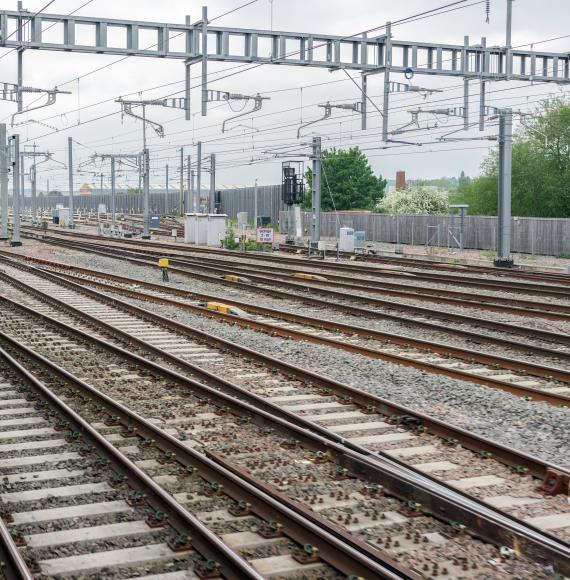Network Rail engineers are set to carry out three days of improvement works on the railway near Weybridge in early August, allowing for the removal of temporary speed restrictions on the line.
The engineers will work around the clock to renew three sets of points, which allow trains to change between tracks.
Work has been planned around the long weekend to minimise disruption to passengers, with all lines intended to reopen after the three-day weekend.
Once the switches and crossings are renewed and the track’s alignment is corrected, trains will be able to pass through the section of track at normal speeds, improving reliability and speed of passengers’ journeys.
Currently, due to issues with the levels of the track, all four lines which travel through the area have been subject to temporary speed restrictions, affecting local services between London Waterloo and Woking, and long distance services between London Waterloo, Exeter, Portsmouth and Weymouth.
Trains travelling to and from London Waterloo will be diverted during the works, while local services will be replaced by bus services.
Network Rail’s Wessex Route Director, Mark Killick, said: “We really appreciate the patience of our customers while we carry out this upgrade work to deliver faster and more reliable services.
“Carrying out this work over three days will reduce the number of trains, however it will be less disruptive than spreading it over separate weekends and I would encourage all customers to check before travelling and plan ahead."
Alan Penlington, SWR’s Customer Experience Director, added: “The improvements to this important section of track near Weybridge will improve reliability and punctuality for years to come. Removing these speed restrictions will mean trains can run at line speed again which is great news for our customers.
“With the line closed for 3 days, one of which being a working Monday, I know there will be some inconvenience for anyone traveling whilst trains aren’t running and I’d like to thank all our customers for their patience whilst these much-needed improvements take place.”

